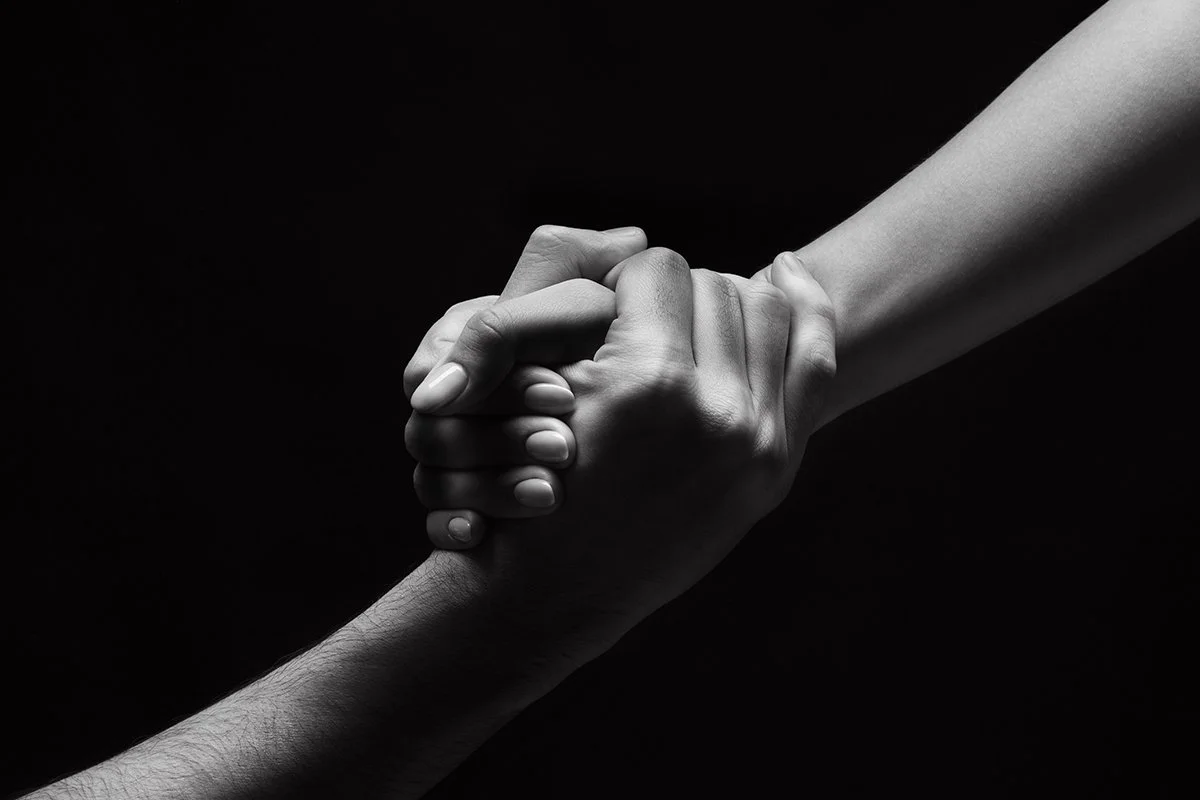Kindness – A Win-Win-Win Proposition
We could all use a little bit of kindness couldn’t we? These have been challenging times, and it sure seems that there’s plenty of unkind behavior going around. Tomorrow is World Kindness Day, and this is a wonderful time to take a moment to consider how we can offer a little bit of kindness. Every kind act we take has a powerful impact, rippling out and generating impacts beyond the benefit of the recipient of kindness. Kindness has the power to support all the elements of compassionate culture. When compassionate leaders practice kindness, the impact can be felt through the entire organization or team.
Kindness benefits the recipient of kindness.
This part of the win-win-win equation needs the least explanation. Anyone who has ever received an offer of kindness understands the feeling. If you’ve ever had your vehicle break down in a remote or strange place and have a kind person offer aid, you know. If you’ve ever had someone help you pick up the spilled contents of a broken bag, you know.
When we receive kindness, we are more likely to respond to others with greater kindness. One common example of this is when people in drive through lanes pay for the purchase of the person behind them, who then decide to “pay it forward” themselves and pay for the next person. There are numerous examples of these kind acts occurring with over a hundred unbroken links in the payment chain. And all it took was the act of the first person in line.
Kindness benefits the one offering kindness.
Acting kindly toward others has all sorts of positive impacts for the giver. The reward center of the brain receives a generous flow of hormones and naturally occurring blood compounds that lead us to feel better. This leads to a less anxious and happier state with lower blood pressure and less pain. What’s not to like?
An important element is that the act requires putting other’s needs before our own. Rather than acting in a kind way to make ourselves feel better, we should consider the meaning of the fact that we feel better when we are more kind. Compassionate leaders listen to their bodies, which are constantly offering feedback about the situation at hand. The kindness feedback we receive is telling us that kindness, and the human connection it creates, are positive ways to express our humanity.
A good litmus test of your kind intention is whether you can offer the kindness anonymously. When you give a generous tip to a server, do you need to see if they respond happily?
Kindness benefits people who witness the kind act.
A good reason why offering kindness and letting go is valuable is that you may never know the full impact your kindness will have on others. The evidence is quite clear that simply observing an act of kindness is sufficient to motivate the observer to act more kindly in the future. Your kind act may ripple out into the world in places you never imagine. And, the miracle of this reaction is that, just as in the drive-thru chain reaction, the subsequent acts of kindness by an observer will have their own chain reaction. In this chain reaction, however, instead of flowing down a single line, it can flow out in multiple directions all at once.
In closing…
Never underestimate the power of a single small act. We are wired for kindness, and when we allow ourselves to act in alignment with that orientation, all sorts of powerful impacts follow. And the beauty of kindness is that we can engage in acts of kindness every day, including World Kindness Day!
Hundreds of leaders from around the world have taken our Compassionate Leadership Certification Training programs over the last few years, bringing the lessons they learn back into their own organizations and lives.
Our Compassionate Leadership Certification Training will build your compassion from the inside out and connect you with a powerful global peer community for ongoing growth, inspiration, and support. It also serves as a prerequisite for our 2026 Compassionate Leadership Teacher Training Professional Certification.

